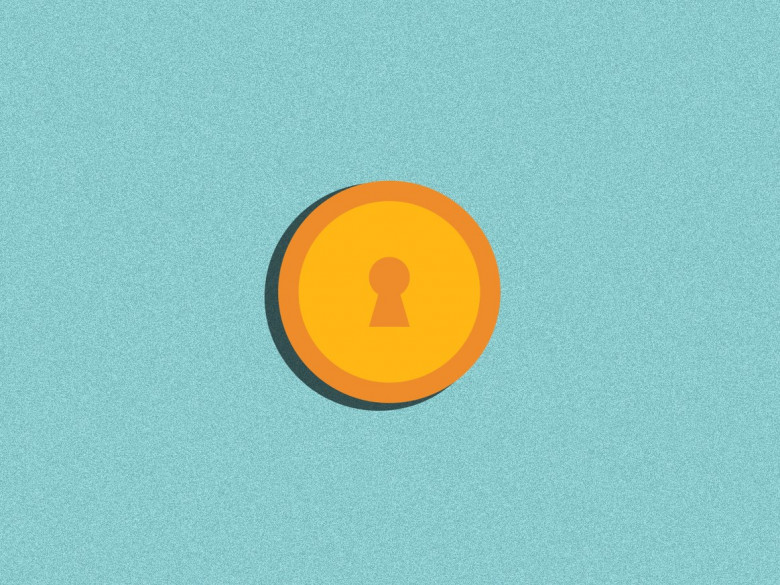How to Keep Your Bitcoin Safe and Secure

Owning cryptocurrency isn't quite the Wild West experience it was at the beginning of the decade, but investors still face plenty of instability and risk. The threats aren't just abstract or theoretical; new scams crop up, and old ones resurge, all the time. Whether it's a fake wallet set up to trick users, a phishing attempt to steal private cryptographic keys, or even fake cryptocurrency schemes, there’s something to watch out for at every turn.
Cryptocurrencies can feel secure, because they decentralize and often anonymize digital transactions. They also validate everything on public, tamper-resistant blockchains. But those measures don't make cryptocurrencies any less susceptible to the types of simple, time-honored scams grifters have relied on in other venues. Just this week, scams have arisen that divert funds from users' mining rigs to malicious wallets, because victims forgot to change default login credentials. Search engine phishing scams that tout malicious trading sites over legitimate exchanges have also spiked. And a trojan called CryptoShuffler has stolen thousands of dollars by lurking on computers, and spying on Bitcoin wallet addresses that land in copy/paste clipboards.









































































